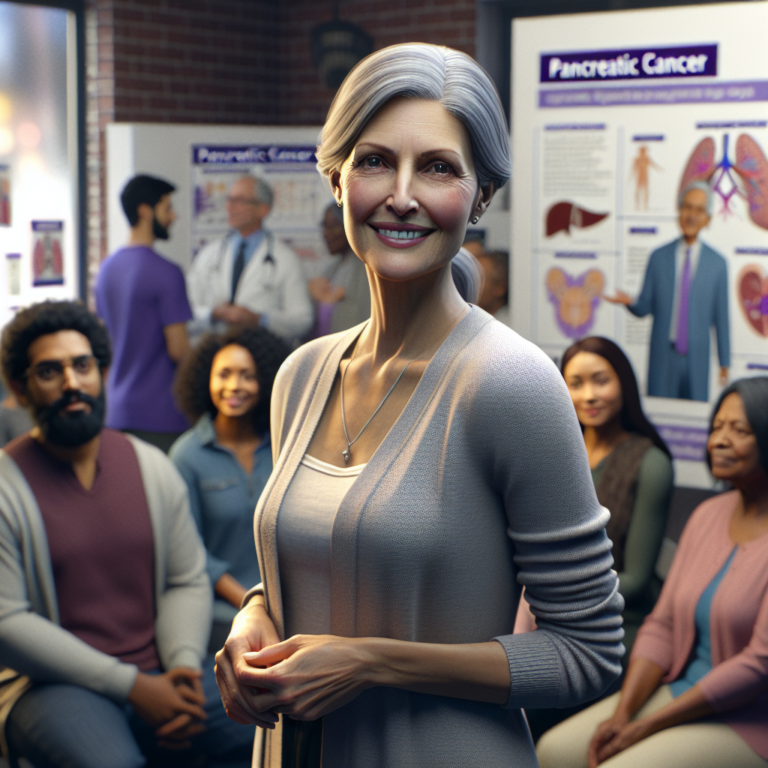Navigating Change: Mastering Midstream Course Corrections for Success

On July 9, 2022, Barbara Green received the life-altering diagnosis of stage IV pancreatic adenocarcinoma. Initially unaware of her condition, she only experienced mild symptoms like itchiness and dark urine. This shocking news was revealed after a series of tests, including blood work and advanced imaging, which ultimately confirmed her fears: she had cancer.
Navigating Treatment Challenges
Barbara began her treatment journey at a local hospital where her care team devised a plan that included Abraxane (paclitaxel) and gemcitabine (Gemzar) chemotherapy. Despite showing some positive responses, she felt her oncology team treated her with a sense of resignation, as if she were already defeated. This experience led her to seek a second opinion at a prominent hospital, but she was left feeling dissatisfied once again.
Fortunately, a supportive group of peers encouraged her to consult with Dr. Raymond Wadlow at the Inova Schar Cancer Institute in Fairfax, Virginia. This decision was pivotal. Though initially hesitant to switch providers during treatment, Barbara soon realized that prioritizing her mental health was essential. Dr. Wadlow not only maintained her treatment plan but also conducted genetic testing that revealed a BRCA2 mutation, opening the door to more effective therapies.
A Shift in Treatment Strategy
Dr. Wadlow’s approach maintained the existing treatment until it became too taxing for Barbara. After a well-deserved break from chemotherapy, he transitioned her to FOLFIRINOX, a regimen highlighted by the genetic findings. As a result, Barbara experienced significant improvements in her health, leading her to begin oral maintenance medication in mid-October.
Progress and Advocacy
Now, over a year since her diagnosis, Barbara reports that her tumors have shrunk, although cancer remains present in her body. She continues to embrace life wholeheartedly while engaging in patient advocacy for medical aid-in-dying legislation in Virginia. Additionally, she has taken up the cause of educating medical professionals about the use of cannabis by cancer patients and its potential interactions with their prescribed treatments.
Here are some key pieces of advice Barbara shares for those newly diagnosed with cancer:
-
Seek New Medical Opinions: If you feel your medical team is not providing the care you deserve, don’t hesitate to explore other options. Barbara’s switch to Dr. Wadlow resulted in a dramatically improved experience and significantly reduced her stress levels.
-
Don’t Hide Your Condition: There’s no shame in discussing your diagnosis. Being open about your circumstances can help foster understanding and support from those around you.
- Communicate with Loved Ones: Let your family and friends know what you’re going through. They want to help, but often don’t know how. Open dialogue can strengthen your support network.
Barbara emphasizes the importance of connecting with others during such challenging times. By sharing your experiences, you may find unexpected support and encouragement.
In her journey, Barbara Green not only advocated for herself but also for others facing similar battles. Sadly, her fight against stage IV pancreatic cancer came to an end two years after her diagnosis, leaving behind a legacy of resilience and advocacy. Our heartfelt condolences go out to her family and friends during this difficult time.
If you or someone you know is seeking guidance in finding a pancreatic cancer specialist, consider reaching out for resources and support. Learn more here.






